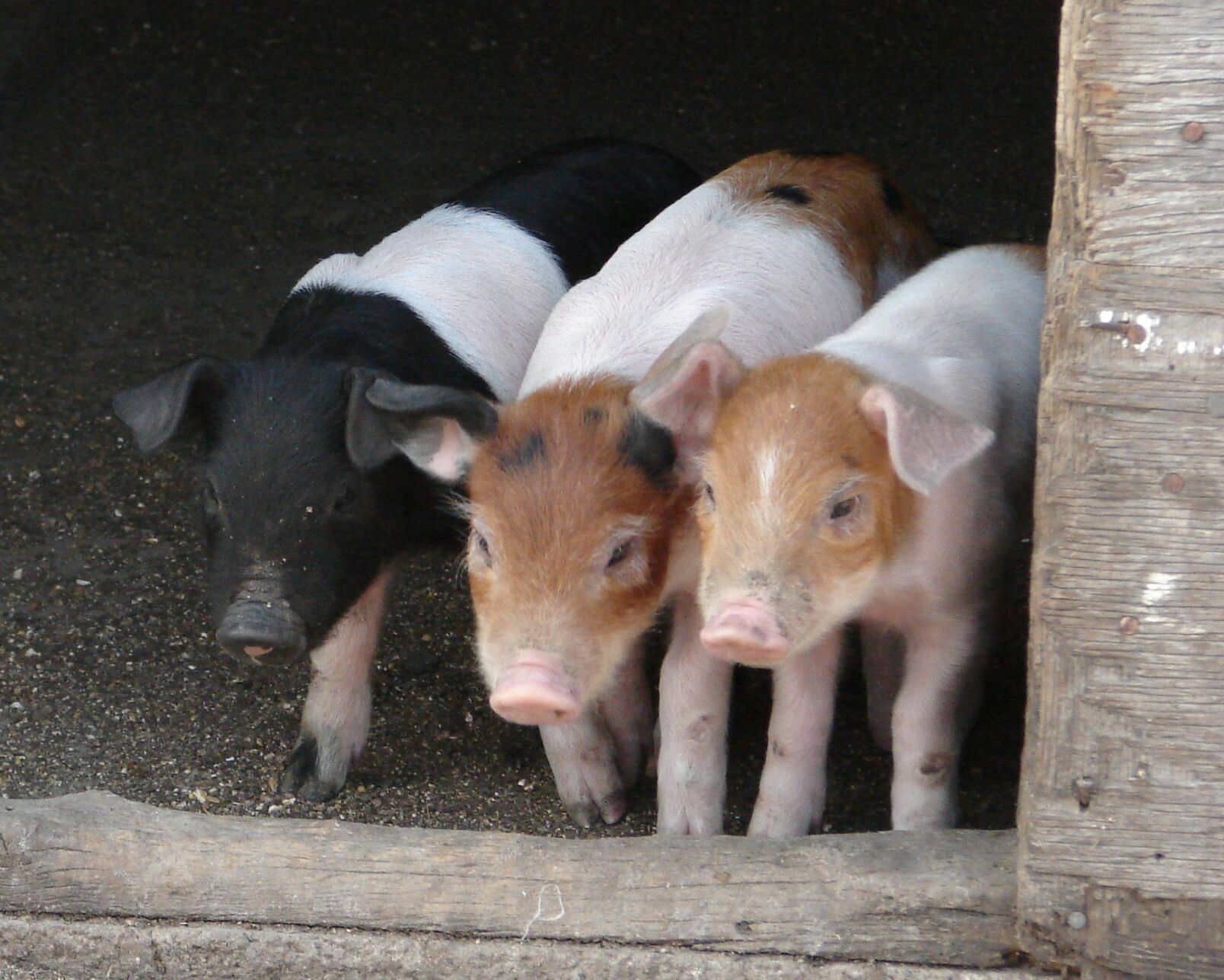The National Pork Producers Association is asking the Joe Biden administration for help against a June 21 ruling by a federal district court striking down production line speeds that were approved in 2019 under the U.S. Department of Agriculture’s New Swine Inspection System. The ruling affects six pork production plants nationwide. The NPPC says it will reduce hog harvesting capacity by up to 2.5%, increase concentration of hog processing facilities and could cost hog farmers up to $80 million.
The ruling, set to go into effect on June 29, will “undermine what is currently a healthy level of industry competition,” according to the NPPC. The NPPC has enlisted the help of 70 members of Congress, who have joined a letter signed by Sens. Chuck Grassley, R-IA, Jim Hagedorn, R-MN, and Dusty Johnson, R-SD, asking Secretary of Agriculture Tom Vilsack to immediately appeal the ruling, thus delaying its implantation. That would allow the six impacted plants to continue operating at NSIS line speeds until a long-term solution acceptable to all industry stakeholders can be established.
In their paper, economists Steve Meyer of Partners for Production Agriculture and Barry Goodwin of North Carolina State University say,
“The district court ruling reduces competition because the impacted plants will process fewer hogs, leaving more pigs available to other packers. Some of these hogs were purchased through negotiated trades, but others were procured through contract arrangements that may be altered or canceled in the face of lower capacity. Producers whose contracts are affected will likely have to accept lower values for their animals. Prices received by all producers may be reduced due to decreased competition. Impacted producers may also incur additional freight costs to move hogs to distant plants with available capacity. The situation will get significantly worse in the fourth quarter when the hog supply reaches its seasonal high.”
The NSIS, initiated during the Bill Clinton administration and evaluated at five pilot plants over 20 years, was approved for industry-wide adoption in 2019. NSIS modernized an inspection system that had remained unchanged for more than 50 years. At a time when the United States needs more pork harvest capacity, the NPPC says, the court order will reduce plant capacity at six plants running at NSIS line speeds by as much as 25%. The study says the five original NSIS plants have been safely operating for more than 20 years.
“Time is running out for the U.S. pork industry,” said NPPC President Jen Sorenson. “We ask the administration to seek a longer stay or waivers to preserve U.S. pork industry competition—which is always good for workers and consumers—and prevent harm to small hog farmers while we work constructively with all stakeholders toward a longer-term solution.”
David Murray can be reached at [email protected].

